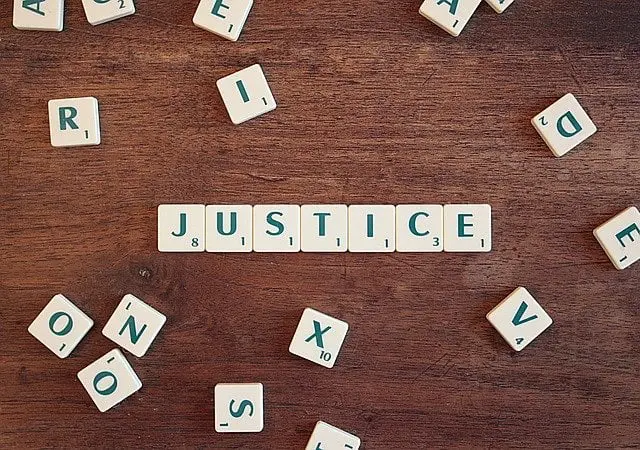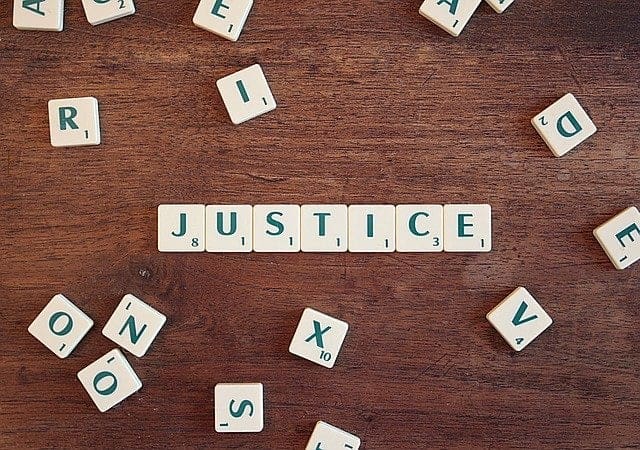In recent times, the discourse surrounding Death Penalty Law has intensified, with a global lens focusing on the ethical, legal, and societal implications of this ultimate form of punishment. From the corridors of the United States Supreme Court to the legislative halls around the world, the debate rages on, reflecting deep divides in public opinion and legal philosophy.
At the heart of this debate lies the question of the death penalty’s role as a deterrent. Numerous studies, including those by leading criminologists, suggest that capital punishment does not effectively deter crime more than life imprisonment. This standpoint challenges the long-held belief that the severity of punishment serves as a deterrent to serious crimes. Despite this, several jurisdictions continue to impose the death penalty, often citing its importance in delivering justice for the most heinous crimes.
The ethical considerations surrounding the death penalty are equally complex. Human rights organizations and legal experts frequently raise concerns about the irreversible nature of this punishment. The execution of an innocent person, a possibility that cannot be entirely ruled out given the fallibility of the justice system, remains a haunting prospect. Since 1973, numerous individuals sentenced to death in the United States have been exonerated, spotlighting the risks of wrongful convictions.
The application of death penalty laws has also been scrutinized for potential biases. Studies indicate a disproportionate impact on minority groups and those from lower socio-economic backgrounds. This disproportionate application raises questions about the fairness and equality of the legal system, particularly in countries with diverse populations.
Internationally, the trend has been moving towards abolition. Many countries have abolished the death penalty, citing its incompatibility with modern notions of human rights and justice. International bodies, including the United Nations, have called for a global moratorium on capital punishment, reflecting a shift in the global legal and ethical consensus.
However, the journey towards abolition is not linear. Some countries have resumed executions after years of having none, while others continue to debate reinstatement. This ebb and flow are indicative of the complex interplay between law, morality, and public sentiment surrounding the death penalty.
In the United States, the federal government resumed executions in 2020 after a 17-year hiatus, sparking renewed debate. The decision faced significant opposition from various quarters, including legal professionals, human rights activists, and segments of the public. This move underscored the ongoing polarization in American society regarding the death penalty, reflecting broader ideological divides.
Legal Landscapes and Landmark Cases: Understanding the Death Penalty Today
The legal intricacies of the death penalty are as varied as they are complex. Jurisdictions that retain capital punishment often have stringent guidelines to determine when and how it is applied. These guidelines are designed to ensure fairness in the application of this ultimate penalty, yet the debate over its implementation persists. Key Supreme Court decisions have shaped the landscape of capital punishment, particularly in the United States. Landmark cases have addressed issues ranging from the methods of execution to the constitutionality of the death penalty in certain circumstances.
The debate extends into the international arena, where the death penalty is often viewed through the lens of global human rights standards. International courts and human rights bodies have frequently criticized the use of capital punishment, particularly in cases involving minors, individuals with mental disabilities, or in instances of insufficient legal representation.
In recent years, several high-profile cases have brought the death penalty back into the public spotlight. These cases often involve contentious issues such as racial bias in jury selection, the admissibility of new DNA evidence, and the ethical implications of lethal injection protocols. Each case serves as a microcosm of the larger debate, highlighting the ongoing challenges and controversies associated with capital punishment.
The death penalty also intersects with political and social issues. In some jurisdictions, political leaders have used the death penalty as a tool to demonstrate a tough stance on crime. However, this approach is increasingly being questioned, with a growing recognition of the complexities surrounding crime, justice, and punishment.
Despite the controversies, a significant portion of the population in some countries continues to support the death penalty, viewing it as a necessary tool for justice, particularly in cases of extreme brutality or where the victims are children or other vulnerable individuals. This support underscores the deeply emotional and moral dimensions of the debate, complicating efforts towards global consensus on the issue.
Looking ahead, the future of the death penalty remains uncertain. With a global trend towards abolition and increasing scrutiny of its application, changes in the legal frameworks governing capital punishment may be on the horizon. However, entrenched beliefs and the weight of tradition mean that any shift towards abolition or reform will likely be gradual and contested.
In conclusion, the death penalty remains one of the most contentious and complex issues in law and criminology. It raises fundamental questions about the nature of justice, the role of the state in administering punishment, and the value of human life. As societies evolve, so too will the debate around this critical and divisive issue, reflecting the ongoing struggle to balance the demands of justice, morality, and human rights.
For further reading and in-depth understanding, the concepts discussed here are elaborated in various sources. Key references include:
- Source: Capital punishment | Definition, Debate, Examples, & Facts | Britannica
- Source: Five Things About Deterrence | National Institute of Justice
- Source: The Law of Abolition – Journal of Criminal Law and Criminology
- Source: Death Penalty – Amnesty International
Deeper Understanding of Related Legal Areas:
- Juvenile Court: The article’s discussion on how the death penalty law impacts different age groups, especially juveniles, can be linked to content discussing juvenile court proceedings and their differences from adult court systems.
- Probation and Parole: Aspects of the article mentioning post-conviction processes like probation and parole, particularly in the context of capital punishment, can be linked to explanations of how these elements are affected by societal changes.
- Relevant Link: How Probation And Parole Is Affected By Societal Changes
- Criminal Defense: Sections of the article focusing on defense strategies in capital punishment cases can be linked to general discussions about criminal defense.
- Relevant Link: Criminal Defense Strategies and Legal Insights
- Personal Injury: If the article touches on the implications of wrongful death and personal injury within the context of wrongful executions, these sections can be linked to personal injury law content.
- Relevant Link: Personal Injury Law Insights
- Plea Bargaining: Any mention of plea bargaining in capital cases can be linked to detailed discussions on how plea bargaining works in the criminal justice system.
- Relevant Link: Plea Bargaining in Criminal Cases
















